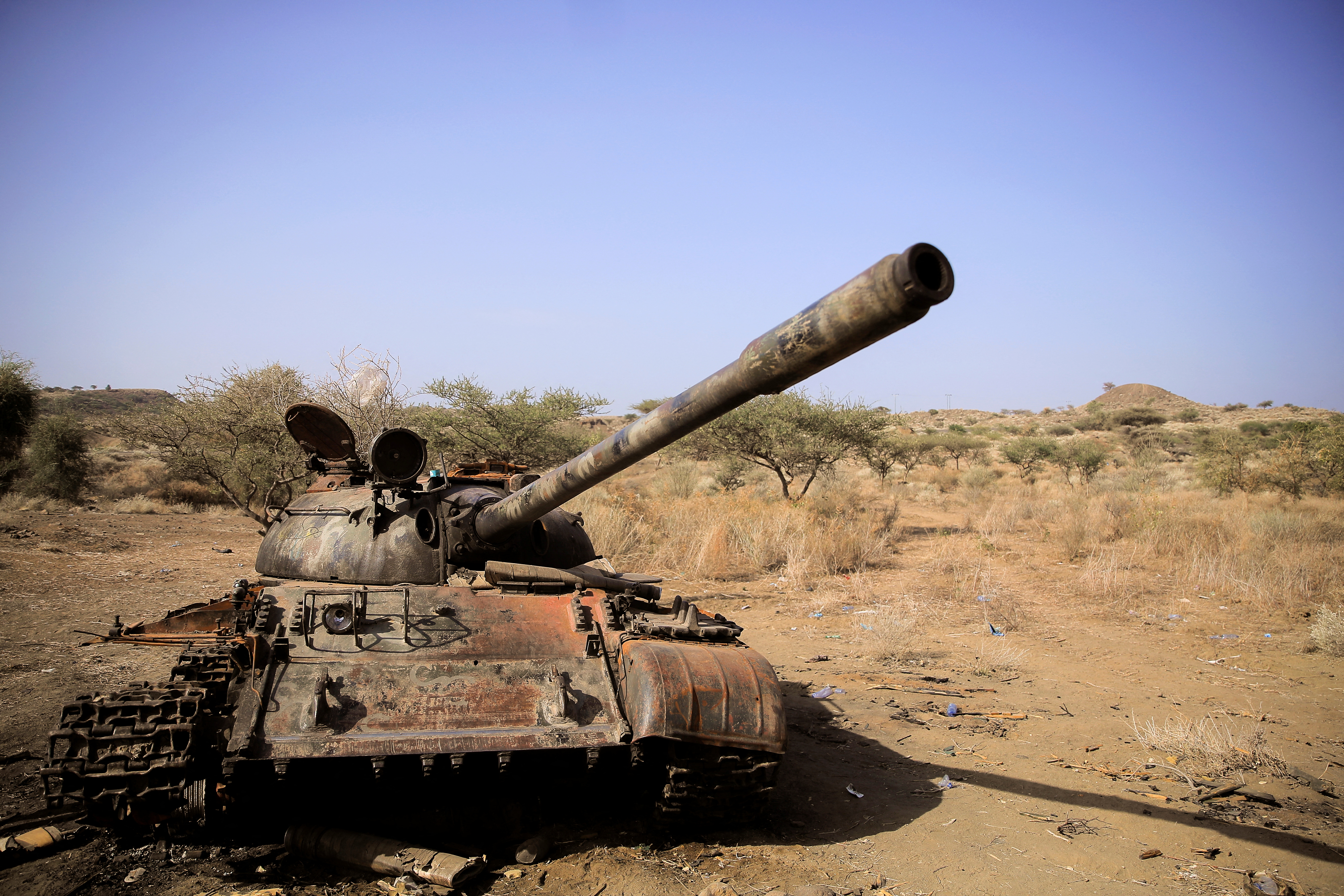
Tigray rebel forces have withdrawn from the neighbouring region of Afar in Ethiopia, a spokesperson for the rebels has said, as the Afar police commissioner said rebels remained in several districts within the region.
Getachew Reda, spokesperson for the Tigray People’s Liberation Front (TPLF), told the Reuters news agency on Monday that “our forces have left all of Afar”, adding that he hoped it meant that desperately needed food aid could finally arrive in Tigray.
The police commissioner in Afar, Ahmed Harif, said Tigrayan forces had withdrawn from the town of Abala but were still in three of the region’s districts and were in control of the highway between Abala and Tigray’s capital Mekelle.
There was no immediate comment from the Ethiopian government and it was unclear if the pull-out was negotiated with Addis Ababa.

Northern Ethiopia has been beset by conflict since November 2020, when Prime Minister Abiy Ahmed sent troops into Tigray after accusing the ruling TPLF of attacks on federal army camps.
Thousands of people have been killed, and several million others have been displaced from their homes as a result of the fighting between forces loyal to Abiy and the TPLF and their allies.
‘A milestone’
The violence has eased since the federal government declared a unilateral ceasefire last month, saying it would allow humanitarian aid to enter.
Tigrayan forces said they would respect the ceasefire as long as sufficient aid was delivered to their region “within reasonable time”.
Ethiopian journalist Samuel Getachew told Al Jazeera that the rebel withdrawal would be a “milestone” in the conflict. He said the withdrawal of Tigray rebels from Afar was a condition set by the government to allow the movement of humanitarian aid into the war-torn region.
“They [the rebels] needed to leave [Afar] so the aid, especially from the UN, would flow”, he said.
Only a trickle of aid has made it into Tigray, where more than 90 percent of the population needs food assistance, since the Ethiopian military pulled out at the end of June after months of bloody clashes.
The UN has blamed bureaucracy and insecurity for blocking convoys and said at least 100 trucks of aid are needed to enter Tigray every day.
Just 144 trucks have made it in since the ceasefire was announced a month ago, with the latest 74 arriving on Monday, according to the UN World Food Programme.







